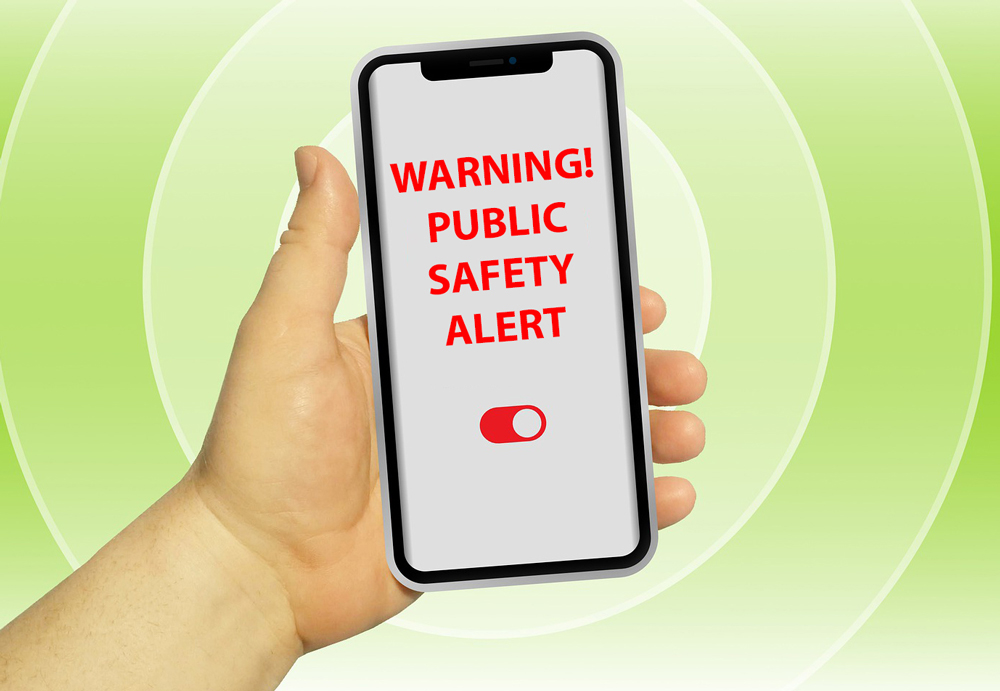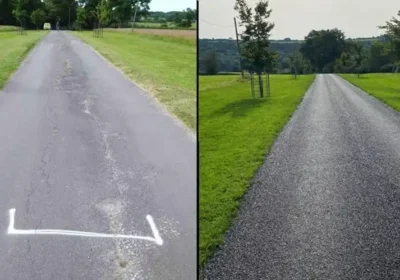MOBILE phones across the country will burst into life at 3pm on Sunday, April 23 – but don’t be alarmed, it’s just a test.
The first UK-wide test of the public Emergency Alerts system will see all mobile phones vibrate and ring out a warning sound and a message, for up to 10 seconds.
It follows successful pilots in East Suffolk and Reading, with the public being warned it is just a test and that they do not need to take any action.
All people need to do is swipe away the message or click ‘OK’ on their phone’s home screen – just like for a ‘low battery’ warning or notification – and continue to use their phone as normal.
Emergency Alerts have been used successfully in a number of other countries, including the US, Canada, the Netherlands and Japan, where it has been widely credited with saving lives, for example, during severe weather events.
In the UK, alerts could be used to tell residents of villages being encroached by wildfires, or of severe flooding.
The Government has worked with the emergency services and partners, including the Football Association and London Marathon, to make sure the national test has minimum impact on major events taking place on the day.
Chancellor of the Duchy of Lancaster, Oliver Dowden MP, said: “Put the date in your diaries – at 3pm on April 23, we’ll be testing our new national Emergency Alerts system.
“Getting this system operational with the national test means we have another tool in our toolkit to keep the public safe in life-threatening emergencies. It could be the sound that saves your life.”
Chair of The National Fire Chiefs Council, Mark Hardingham, said: “We must use every tool at our disposal to keep people safe, and we need everyone to play their part – and the new Emergency Alerts system is one way we can do this.
“For 10 seconds, the national test may be inconvenient for some, but please forgive us for the intrusion, because the next time you hear it – your life, and the life-saving actions of our emergency services, could depend on it.”
And National Police Chiefs’ Council lead for civil contingencies, Assistant Chief Constable Owen Weatherill, added: “Warning and informing the public at speed during times of crises can be vital.
“We look forward to further developing the use of the Emergency Alerts capability and how it can have real benefits for the public to protect and preserve life, as well as supporting policing’s wider response to critical incidents with partner agencies.
“Alongside partners, we will continue to listen carefully to public feedback and ensure the use of Emergency Alerts has a positive impact.”
Chiefs say the system will be used rarely – only being sent where there is an immediate risk to people’s lives – so people may not receive an alert for months or years.










Leave a Reply